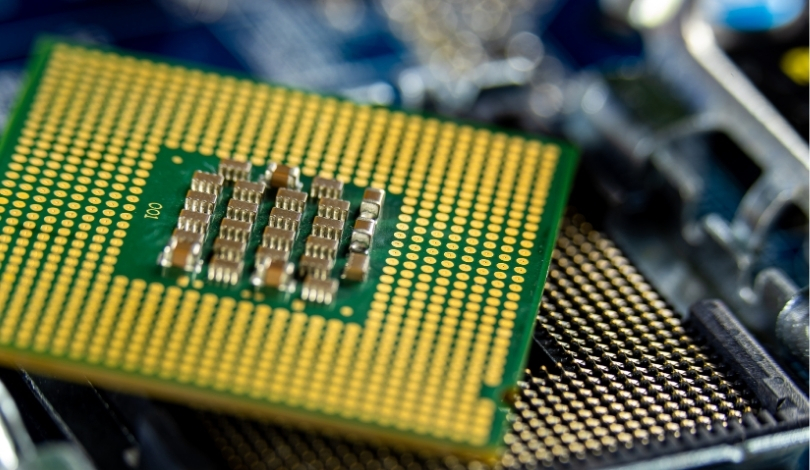Recent findings have prompted concerns for owners of Intel‘s Core i7-14700K CPUs, as new analyses suggest some units may exhibit problematic characteristics when operated over prolonged periods. With technological advancements continually pushing the boundaries of CPU performance, consumers are left wondering about the longevity of their high-end processors in demanding conditions. While performance remains a key selling point for PC enthusiasts and professionals, hardware reliability is essential for maintaining productivity and avoiding costly hardware replacements. These issues highlight the importance of informed purchasing decisions and ongoing vigilance in hardware monitoring.
Discussions regarding Intel CPUs and their thermal management have emerged before, as prior releases such as the Core i9-13900K also faced scrutiny for running at higher temperatures and power draws under sustained loads. Recent tests have indicated the 14700K’s unique core configuration and frequency scaling may exacerbate concerns about heat generation and potential degradation, more so than its predecessors. Reports highlight that users are now more vigilant about monitoring temperatures and seeking cooling solutions, drawing lessons from earlier CPU models.
Are There Signs of Stability Issues with the 14700K?
Analysts have pointed to the Intel Core i7-14700K’s stability under continuous high workloads, observing some instances where the processor exhibits above-average power consumption and heat output. Sustained stress benchmarks have revealed that certain 14700K units, in particular, show signs of thermal stress, as evidenced by inconsistent performance and temperature spikes. These symptoms raise questions about the chip’s durability and whether motherboard vendors’ default BIOS settings sufficiently curb aggressive voltage and frequency adjustments.
What Recommendations Are Emerging for Current Owners?
Professional reviewers and hardware engineers recommend that owners closely monitor system temperatures and ensure robust cooling solutions. Adjusting voltage settings and updating motherboard BIOS firmware have been suggested to help control excessive heat output and maintain system integrity. Many users have opted for premium air or liquid cooling, especially in cases where the processor is used for tasks demanding sustained high clock speeds.
How Is Intel Responding to Reliability Concerns?
Intel acknowledges the complexities associated with the power demands of the 14th generation Core processors, including the i7-14700K. The company emphasizes that system integrators and enthusiasts should adhere to recommended thermal and power parameters for optimal operation.
“CPU owners are encouraged to use manufacturer-approved cooling and to keep firmware and drivers up to date,”
stated an Intel spokesperson.
Performance-oriented PC users looking to maximize the capabilities of their CPUs must balance this with concerns over component longevity. Monitoring hardware health through dedicated software, adopting conservative overclocking profiles, and seeking community advice on configuration best practices can help avoid premature hardware failures. The situation with the Intel Core i7-14700K highlights a broader trend: as manufacturers introduce chips with higher core counts and frequencies, end-users continue to carry more responsibility for thermal management and system maintenance. Staying up to date with firmware updates and following platform-specific recommendations may mitigate some of the risks associated with running powerful CPUs at their limits. By prioritizing routine hardware checks and heat management, owners can help ensure their investment remains reliable over the expected lifespan.










